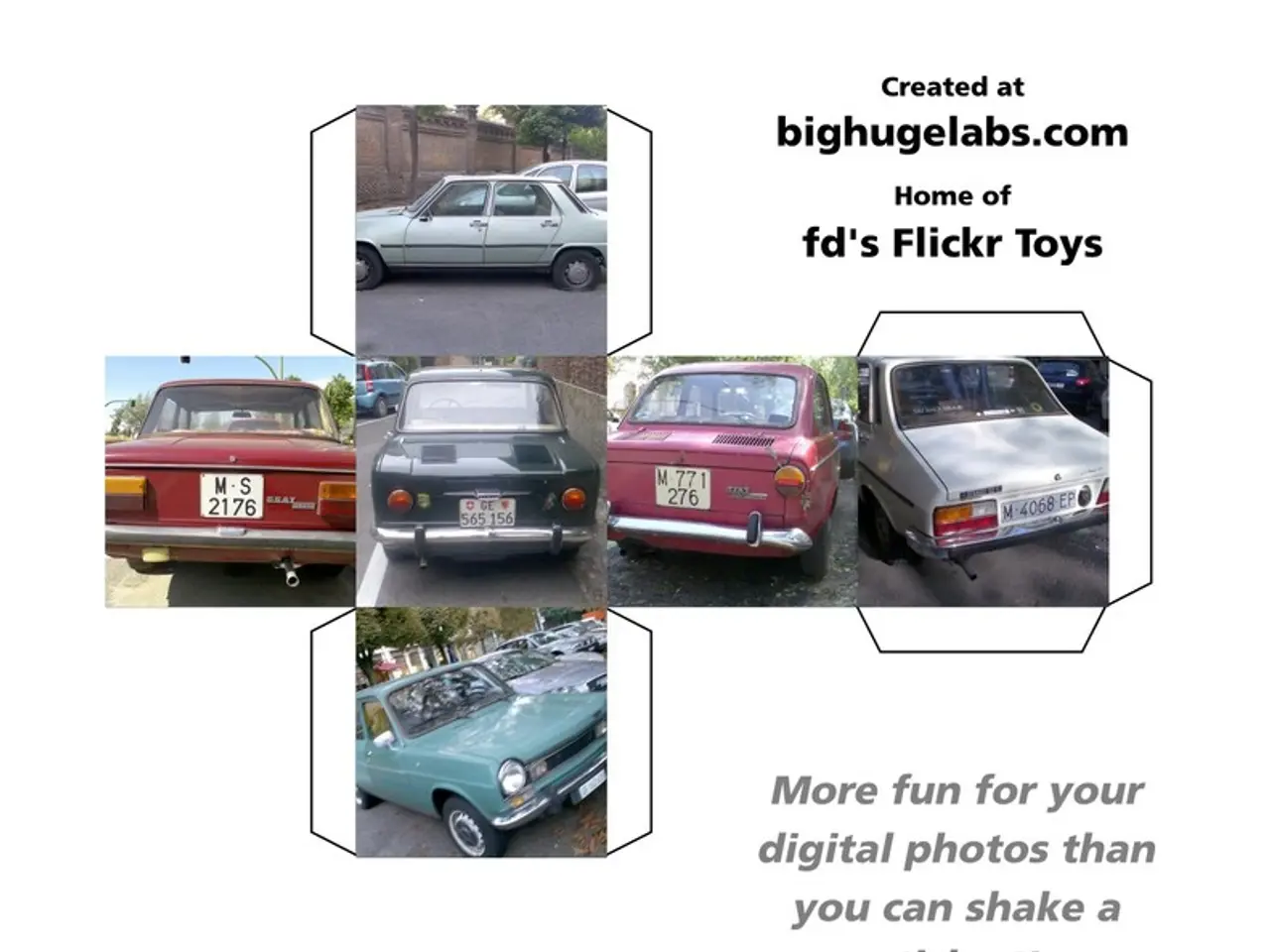Managing Depression Following a Car Collision
A car accident can be a traumatic experience, not only causing physical injuries but also triggering symptoms of Post-Traumatic Stress Disorder (PTSD) and depression. Depression, characterised by persistent feelings of sadness, hopelessness, and a loss of interest in activities, can develop following a car accident.
Physical injuries from the accident can lead to feelings of frustration, helplessness, and sadness. It is essential to practice self-care activities like exercise, healthy eating, and relaxation techniques to help manage these feelings.
Social isolation due to physical injuries or psychological trauma can worsen symptoms of depression. Lean on your support network of friends and family members for emotional support during this challenging time.
Recognising the signs of depression after a car accident is essential. Persistent sadness, loss of interest, changes in appetite or sleep, difficulty concentrating, feelings of worthlessness, and thoughts of death or suicide are all potential indicators. If you or someone you know is experiencing these symptoms, seeking professional help from a mental health professional who specialises in trauma and depression is vital.
In Germany, people struggling with depression after a car accident can find counseling and support from specialized psychotherapists and clinics such as Psychotherapie Düsseldorf and Klinik Fontheim in Liebenburg. Nationwide services like the Telefonseelsorge (crisis hotline) are also available, reachable at 0800 111 0 111 or 0800 111 0 222. The NAKOS in Berlin offers information and referral to self-help groups and psychological support across Germany.
Financial stress from medical bills, vehicle repairs, and lost wages can contribute to the development of depression after a car accident. If the accident was due to someone else's negligence, taking legal action to obtain compensation for medical expenses and other losses may help alleviate some of the financial burden.
Engage in therapy such as cognitive-behavioral therapy (CBT) or trauma-focused therapy. Consider complementary therapies like acupuncture, massage therapy, or chiropractic care to aid in the healing process.
The road to recovery may be challenging, but proactive steps towards recovery can make a significant difference in your overall well-being. Connect with support groups for individuals who have experienced car accidents or trauma to share experiences and find solace in shared understanding.
Remember, it is vital to seek help and support to navigate through this difficult time and move towards healing and recovery after a car accident.
Read also:
- Tracking Grapes for International Shipping
- New York joins a multistate health coalition to counteract chaos in federal vaccine distribution efforts
- Enhanced Iron Absorption in Female Health: Biotechnology Developed Plant Protein Outperforms Iron Supplements in Fermentation
- Controversy Surrounding Epstein Heats Up in Washington; Trump Endorses Homelessness Executive Order; More Events Reported






